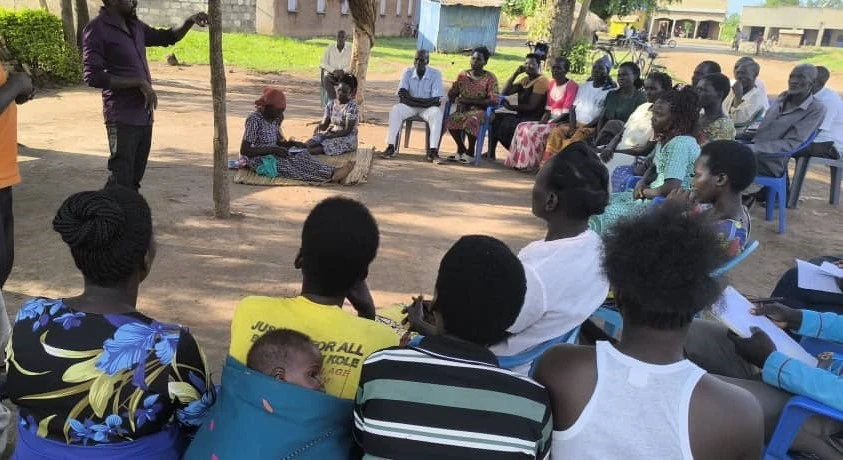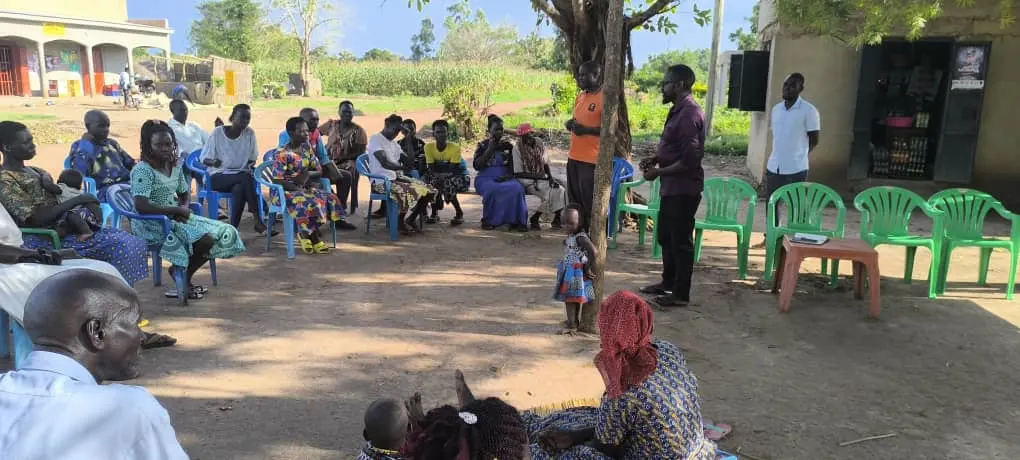In the ever-evolving landscape of agriculture, policy advocacy plays a crucial role in shaping the future of farming. Agrosahas International PVT LTD has been at the forefront of advocating for policies that benefit smallholder farmers, ensuring their voices are heard and their needs are met. This blog delves into how Agrosahas influences agricultural policies to create a positive impact on smallholder farmers and the broader agricultural sector in Uganda.
The Role of Policies in Agricultural Development
Policies are essential for agricultural development as they provide a framework for sustainable growth, resource management, and support for farmers. Agricultural policies can:
- Ensure Food Security: Policies help in the strategic planning and distribution of resources to ensure a stable food supply.
- Promote Sustainable Practices: Encouraging environmentally friendly practices through regulations and incentives.
- Support Economic Development: Providing financial support and market access to farmers, boosting the rural economy.
- Enhance Research and Development: Facilitating advancements in agricultural technology and practices.
Objectives of Agricultural Policy in Uganda
Uganda’s agricultural policy aims to address several key objectives:
- Increase Agricultural Productivity: By improving access to resources, technology, and training for farmers.
- Ensure Food Security: Promoting diverse and resilient farming systems to sustain the food supply.
- Promote Sustainable Agriculture: Encouraging practices that protect the environment and conserve natural resources.
- Boost Rural Development: Supporting smallholder farmers and rural communities to enhance their livelihoods and reduce poverty.

Importance of Agricultural Policies and Programs in Uganda
Agricultural policies and programs are vital for several reasons:
- Resource Allocation: Ensuring that resources such as seeds, fertilizers, and water are distributed equitably among farmers.
- Infrastructure Development: Building roads, storage facilities, and markets to support agricultural activities.
- Access to Credit: Providing financial services to farmers to invest in their farms and improve productivity.
- Research and Innovation: Supporting agricultural research to develop new technologies and practices that increase efficiency and resilience.
Agrosahas’ Approach to Policy Advocacy
Agrosahas engages in policy advocacy through various strategies:
- Stakeholder Engagement: Collaborating with government bodies, NGOs, and farmer organizations to influence policy decisions.
- Research and Evidence: Conducting research to provide evidence-based recommendations for policy formulation.
- Capacity Building: Training farmers and community leaders to advocate for their rights and needs.
- Public Awareness: Raising awareness about the importance of supportive agricultural policies through campaigns and education programs.
Case Studies: Agrosahas’ Impact on Policy Advocacy
1. Advocating for Improved Market Access
One of Agrosahas’ significant achievements in policy advocacy is improving market access for smallholder farmers. By working with local governments and trade organizations, Agrosahas has:
- Negotiated Fair Prices: Ensured that farmers receive fair prices for their produce.
- Developed Market Infrastructure: Supported the construction of local markets and storage facilities to reduce post-harvest losses.
- Facilitated Trade Agreements: Helped establish trade agreements that open new markets for smallholder farmers.

2. Promoting Sustainable Farming Practices
Agrosahas has also been instrumental in advocating for policies that promote sustainable farming practices. This includes:
- Subsidies for Eco-Friendly Inputs: Advocating for subsidies on organic fertilizers and pest control methods.
- Training Programs: Partnering with government agencies to provide training on sustainable practices such as crop rotation and agroforestry.
- Environmental Regulations: Working to implement and enforce regulations that protect natural resources and reduce environmental degradation.
Challenges in Implementing Agricultural Policies in Uganda
Despite the progress, several challenges remain in implementing agricultural policies in Uganda:
- Resource Constraints: Limited financial and human resources hinder the effective implementation of policies.
- Political Instability: Changes in political leadership can disrupt the continuity and consistency of policy implementation.
- Lack of Awareness: Many farmers are unaware of existing policies and their rights, limiting their ability to benefit from them.
- Bureaucratic Inefficiencies: Complex administrative processes can delay policy implementation and access to services.
Conclusion
Agrosahas International PVT LTD plays a pivotal role in advocating for agricultural policies that benefit smallholder farmers in Uganda. By engaging in research, stakeholder collaboration, and capacity building, Agrosahas ensures that the voices of smallholder farmers are heard and their needs addressed. Despite the challenges, Agrosahas’ efforts in policy advocacy continue to shape a more sustainable and equitable future for farming in Uganda. Through these initiatives, Agrosahas not only supports agricultural development but also contributes to the broader goals of rural development and poverty reduction.




